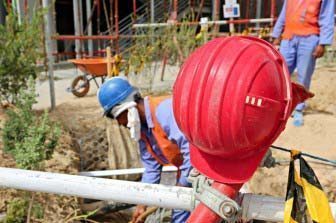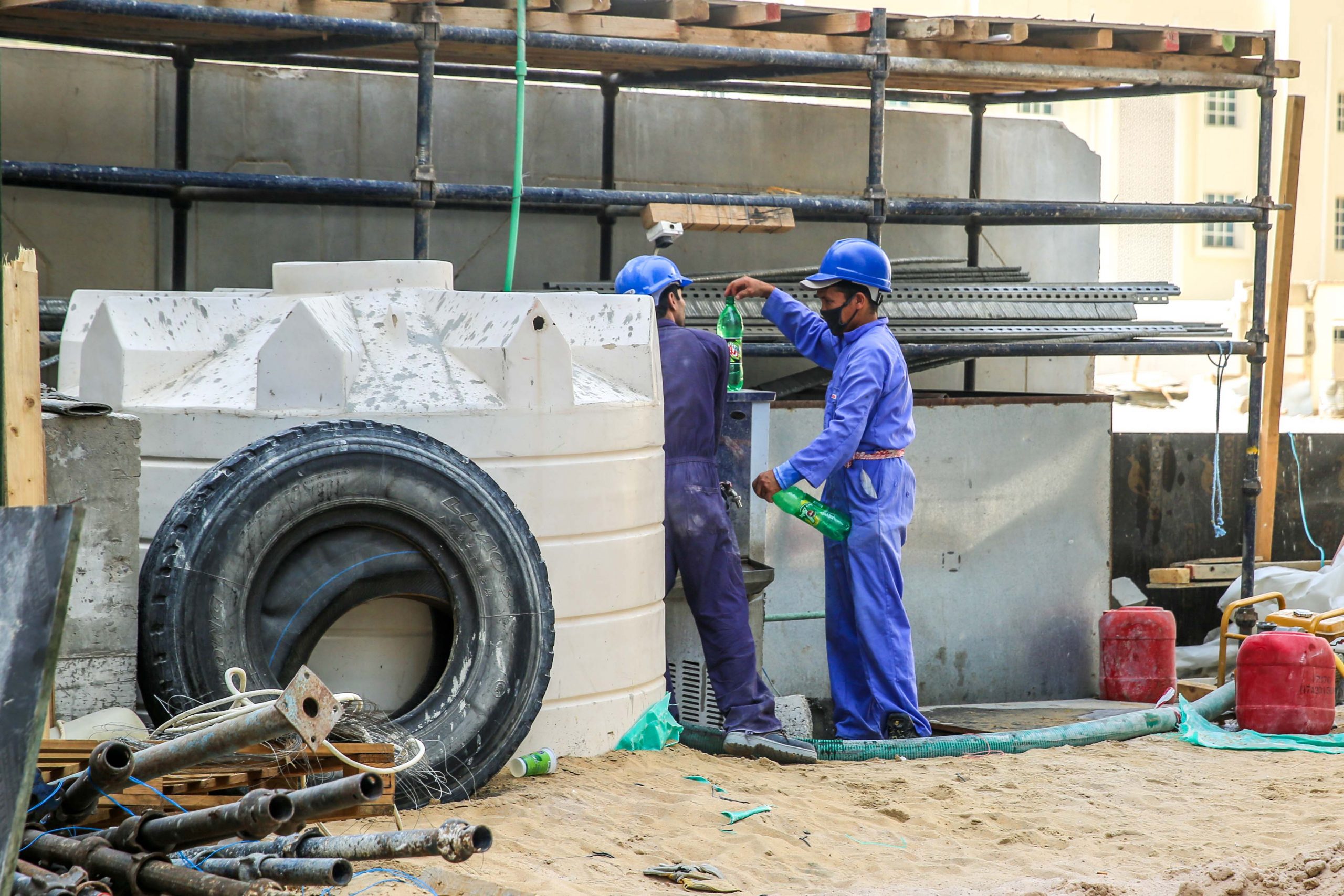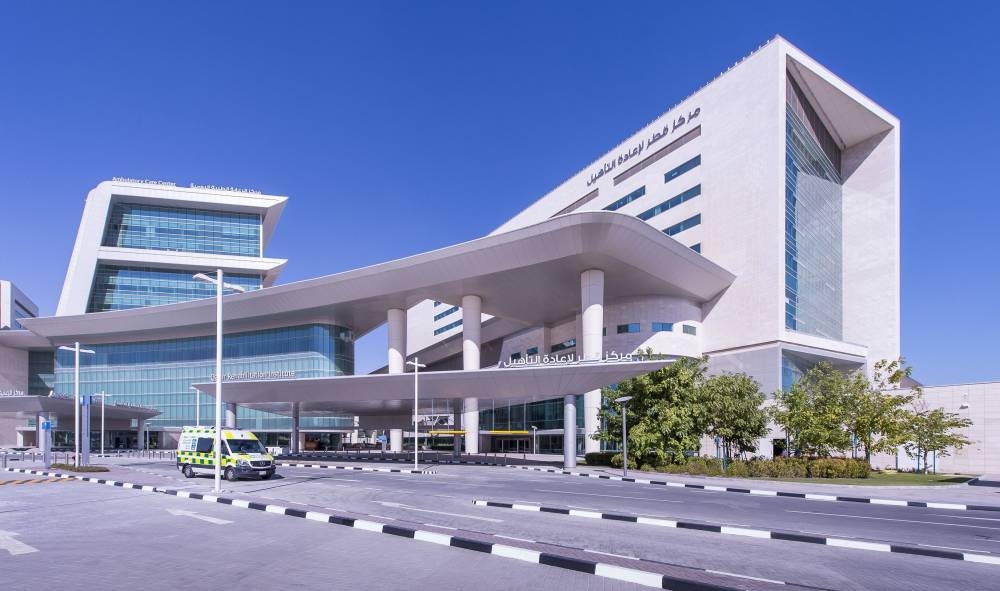
As the humidity continues to rise in Qatar, the number of people suffering from heat exhaustion is also increasing, Hamad Medical Corp. (HMC) has said.
So far this summer, Hamad Hospital’s emergency department has treated nearly 300 people with heat-related problems – 98 people in June, and almost double that in July (190 cases).

As Qatar enters August, which is typically the worst month for these issues as the weather turns more humid, health officials have said it’s important to recognize the symptoms of heat exhaustion and work to prevent these cases from happening.
In a statement, Dr. Warda Al Saad, HMC’s chief consultant of Emergency Medicine, said:
“Signs and symptoms of heat exhaustion may develop suddenly or over time, especially with prolonged periods of working under high humidity or whilst exercising.
Possible heat exhaustion symptoms include: cool, moist skin with goose bumps when in the heat; heavy sweating; faintness; dizziness; fatigue; weak, rapid pulse; low blood pressure upon standing; muscle cramps; nausea; and headache.”
In the hospital, patients are treated for this issue through intravenous fluids and electrolytes, she added.
But if someone is discovered to be in distress while outdoors, she advised giving them a cold drink and taking them to a shaded or cool area. If the person continues to appear confused or dizzy, call an ambulance immediately, she said.
Midday work ban
Last August, HMC saw a sharp spike in the number of patients with heat-related illnesses. During one week alone, the emergency department treated some 280 people for heat exhaustion and heat stress.

The majority of those affected each year are young men who work outdoors, officials said.
To help curb health issues, Qatar has in place a midday work ban that prohibits people from working outside during the hottest part of the day.
The rules have been ignored by many companies in past years, but this summer the government appears to have stepped up enforcement.
Last month for example, the Ministry of Labor and Social Affairs said it temporarily closed the construction sites of nearly four dozen companies for flouting the rules.

According to Al Saad, increased enforcement of the ban, which is in effect until Aug. 31, has caused the number of heat-related cases this summer to remain steady, instead of increase.
Another factor that may be helping is that more companies are outfitting their employees with high-tech cooling gear.
In May, one local company that sells wrist and headbands that are soaked in water for a couple of minutes and can cool the wearer for up to four hours told Doha News that sales have grown exponentially in Qatar this year.
Thoughts?







